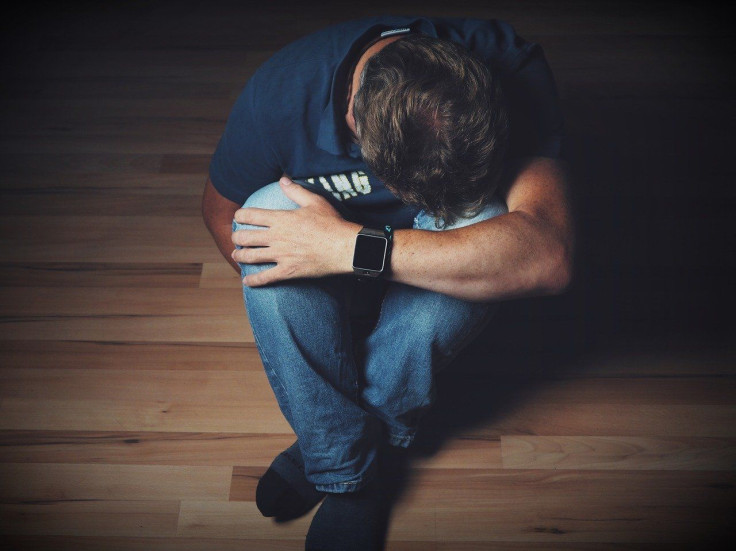Anxiety, Depression Symptoms Surged In US Due To Coronavirus Pandemic, Analysis Reveals

KEY POINTS
- A Census Bureau survey reveals anxiety and depression symptoms increased among Americans due to the pandemic
- Helplines witnessed a massive increase in calls this year
- Pandemic-related stressors such as increased racial tensions and natural disasters also contributed to the rise
As the COVID-19 pandemic drags on, more and more Americans are struggling with mental health issues, a new survey shows.
Anxiety and depression have risen among Americans due to stressors related to the ongoing coronavirus pandemic, according to a survey conducted from Oct. 28 to Nov. 9 by the Census Bureau. Symptoms of depression and anxiety were found in all 50 states, with residents of major metropolitan areas, such as San Francisco and Philadelphia, being the most affected.
Dr. Joshua Gordon, director of the National Institute of Mental Health, said some of the factors that contributed to the increase of anxiety and depression are the presidential election, increased racial tensions, natural disasters and loss of jobs, NBC News reported.
Being evicted from their homes, not being able to see loved ones, being unable to travel and having to attend classes virtually may have also worsened some people's mental health struggles, health experts said.
The survey results revealed that more than one in four people reported having symptoms of anxiety for more than half of the previous seven days. Meanwhile, around one in five in the U.S. said they experienced feelings of depression during the same period.
The number of calls received by helplines across the country has also increased significantly compared to previous years.
Nancy Liu, an assistant clinical psychology professor at the University of California, Berkeley, said that residents of California were able to find ways to cope with the restrictions brought by the pandemic by going on hikes and exercising. However, outdoor activities had to be restricted after the wildfires in the summer.
According to Liu, the air quality, which forced people indoors, also added to the residents' stress burden.
"These doors were being shut. It was like a wave after wave that just kept crashing," she said. "It added this additional heaviness. I think a lot of people were feeling really stuck."
Based on responses collected Oct. 28-Nov. 9, the #HouseholdPulseSurvey estimates that 25.9% of American adults expect someone in their household to experience a loss in employment income in the next 4 weeks. https://t.co/GRo2WS82ev #Census #COVID19 #unemployment
— U.S. Census Bureau (@uscensusbureau) November 18, 2020
Several psychologists have also shared their observations regarding the effects of the pandemic on their patients. Among them was Rebecca Zeitlin, the assistant director of Didi Hirsch Mental Health Services. Zeitlin reported that working parents are the most frequent callers to the Disaster Distress Helpline, for which she works as an operator.
Disaster Distress Helpline director Christian Burgess stated that the calls they've received this year are more than the last four years combined — an alarming surge in mental health challenges that have been brought about or worsened by the pandemic. To date, the crisis hotline has received about 50,000 calls this year.
Although the end of the pandemic may still be a bit far off, experts say there is still a reason to be optimistic amid all that is happening.
"The pandemic is an opportunity to build resilience," said Dr. Gordon of the National Institute of Mental Health. "People can endure quite a lot if they know there is a light at the end of the tunnel."

© Copyright IBTimes 2024. All rights reserved.





















